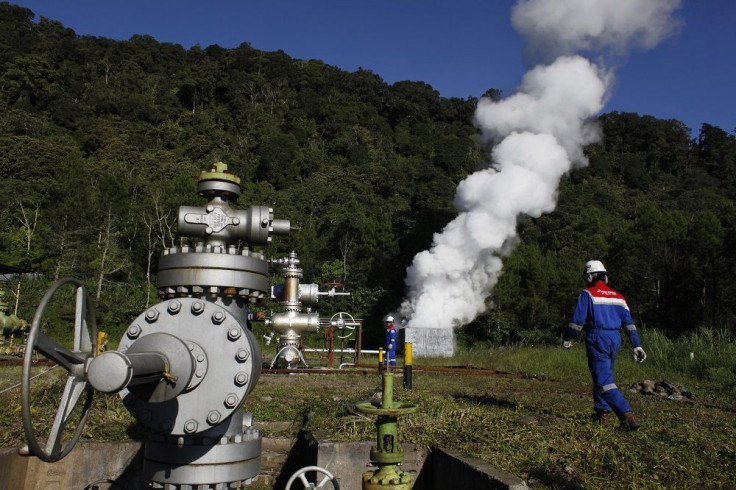Nickel firms expand to renewable energy

Nickel miners are set to diversify their assets by expanding into renewable energy. Nickel Asia Corp. , the Philippines’ largest lateritic nickel ore producer, said that it will increase its stake in Emerging Power Inc, or EPI, from 55 percent to 66 percent to fund a geothermal project in Occidental Mindoro, Philippines.
Nickel Asia invested an additional P237 million (A$7 million) in the power company. In a separate report, the mining company said that it has chosen to give EPI a A$17 million loan instead of taking over its geothermal power project in Luzon, which includes the expansion of a 40-megawatt (MW) plant at a projected cost of A$ 250 million.
"While we disclosed in our May 6, 2014 release that our initial investment would be in the form of a collateralized loan convertible to equity in the Montelago project company, we have now decided to make our investment directly in EPI, the project proponent, to take advantage of other renewable power projects in their portfolio." Gerard H. Brimo, Nickel Asia president and chief executive officer, told the local press.
According to the company, the recent venture into the renewable market is a robust way of generating long-term revenues while addressing the worsening problem of energy scarcity in the country.
Nickel Asia has also invested in a 10-MW bunker fired power plant in Surigao city in 2013. The diversification program has helped the firm’s revenue increase five times to P4.6 billion from P893 million in 2014.
In Australia, Sirius Resources said that its Nova nickel mine will house a 20-MW diesel/gas dual fuel compatible power station and a 6.7MW solar farm. Sirius said in a report that putting up its own solar farm will strengthen its nickel mining operations, particularly in the energy-saving department.
The solar farm is expected to produce around 12.5 million kilowatt-hours annually and will help the company save a significant amount of money typically spent on electricity.
The global base metals commerce
Due to the continuous decline of industrial metal prices on the global market, ore miners are doing their best to remain relevant and operational. Amur Minerals Corporation (London AIM: AMC) , for instance, is taking it slow despite its popularity in the investment sector. The company, which has become popular after its acquisition of the Kun-Manie Reserve, one of the biggest nickel facilities in the world today, is constantly updating its mining technology and operations before entering the global commerce.
Instead of commencing mining on Kun-Manie right after obtaining pre-production license from the Russian government, it said that it will build its own smelter and refinery first to offer better prices on the market.
“As we worked on the study, we challenged all past and previous assumptions. As a result, mining will best be performed using a combination of underground and open pit productions, power will be generated on site, a substantial access road upgrade can be supported and the construction of own smelter and refinery,” CEO Robin Young said .
In Australia, a lot of junior explorers are losing millions of cash. Several mining companies have shut down operations because of metals’ dismal prices on the global market.
Among the most commonly utilised strategy to resist possible shutdown is introducing operations-wide austerity measures, which involve wise spending and budget allocation.
"The other important thing is we must make sure to optimize the business and become as efficient as possible. You've got to be careful to not spend too much money, or save too money, cutting off your nose to spite your face. You may find you need to go through a period of just breaking even or making small losses, but making sure you preserve the business' long-term value," Karl Simich, managing director of mid-tier miner Sandfire Resources told CNBC.
Contact the writer at feedback@ibtimes.com.au




















